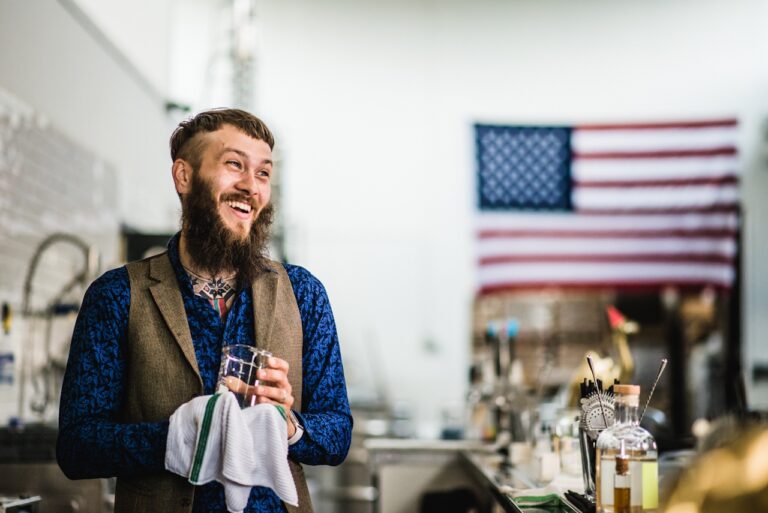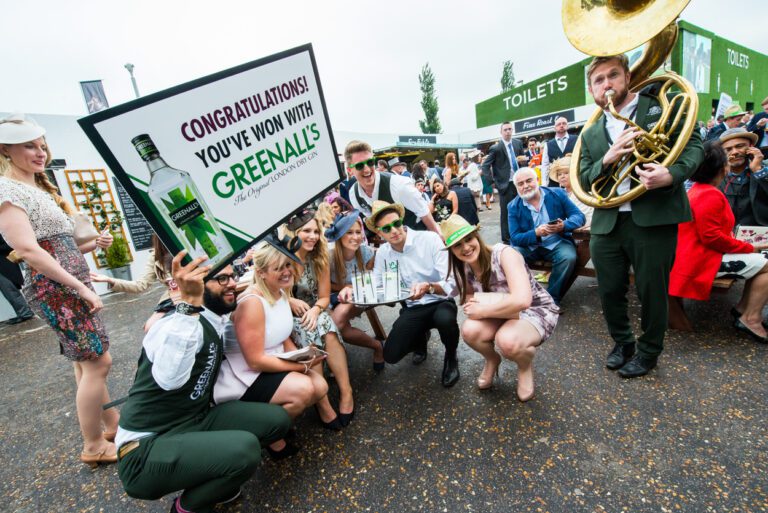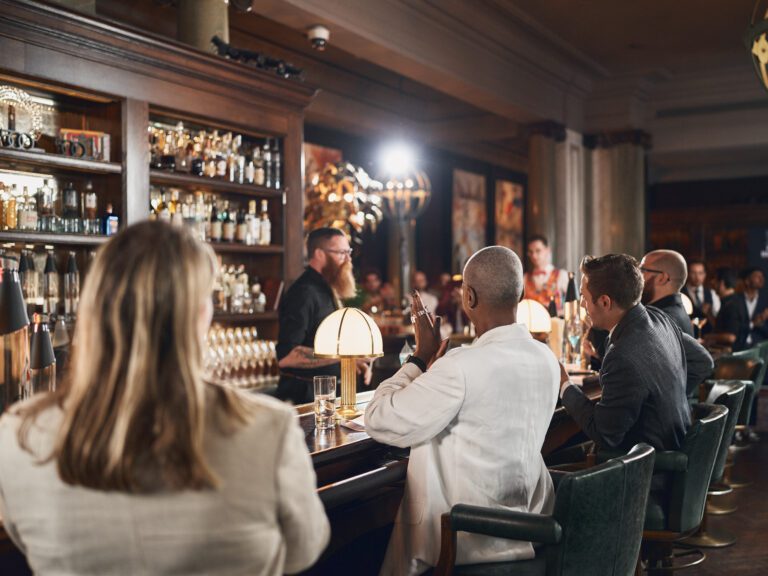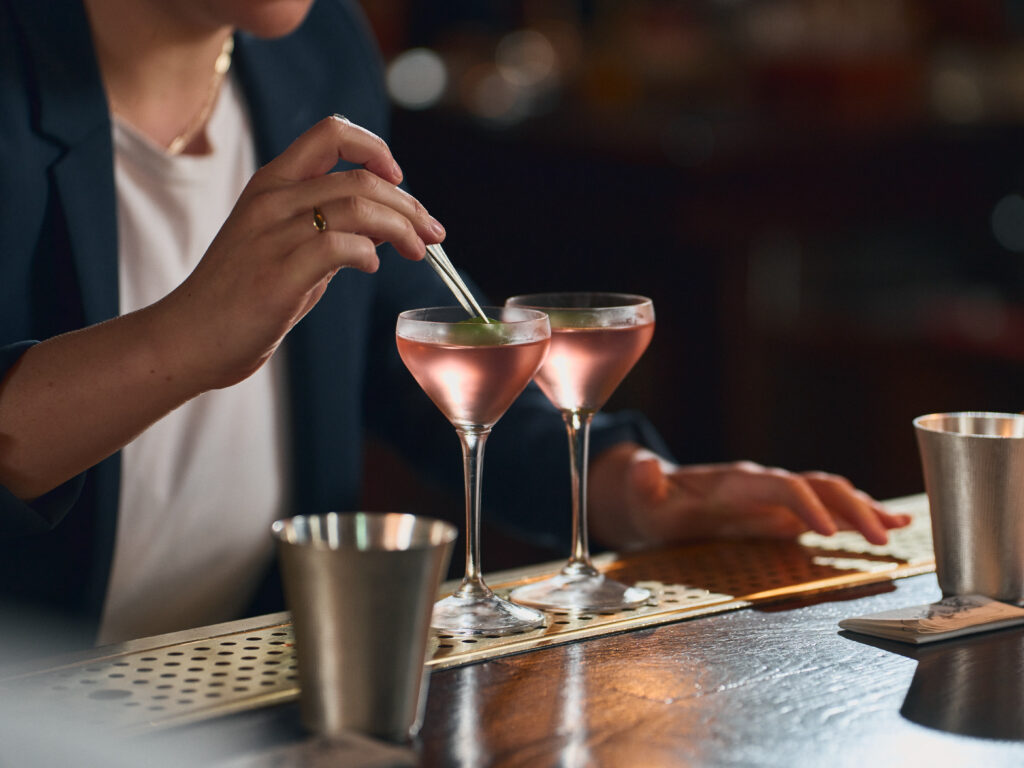
Why Is Trade Advocacy Critical For Drinks Brands?
Trade advocacy is powerful. It builds valuable connections between brands, bars and bartenders.
Brands are built in the trade, there are no two ways about it.
Successful advocacy programmes have the potential to be a rocket for the rate of sale and can really be a foundation for supercharged growth.
Nailing advocacy is a challenge though.
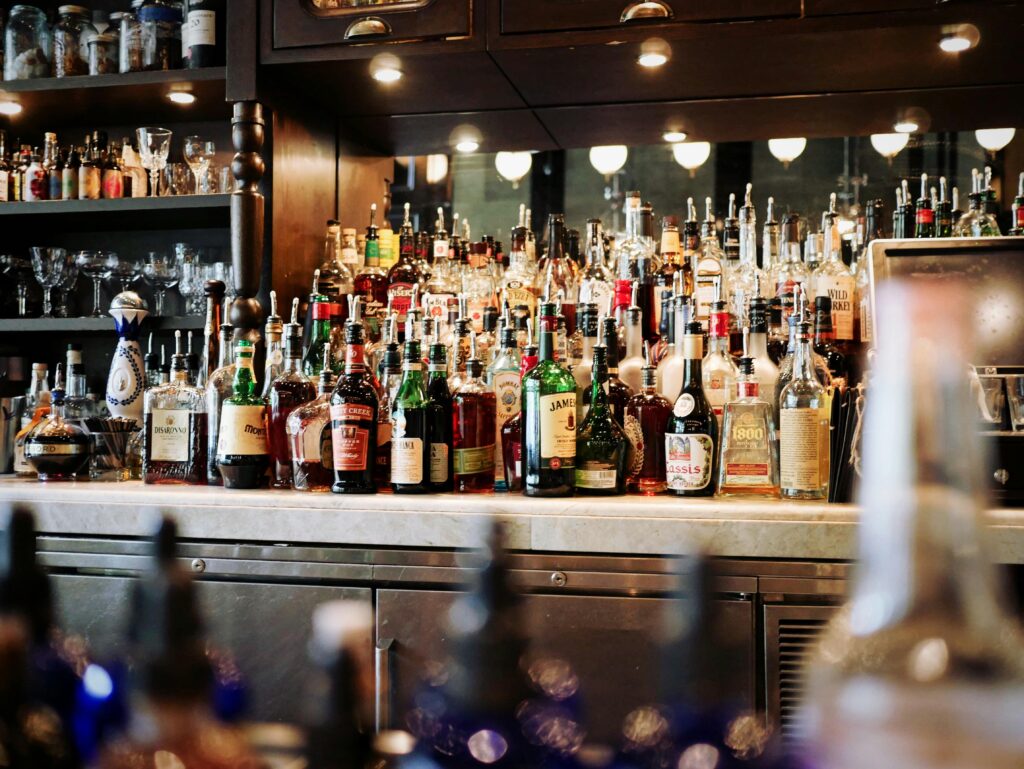
The drinks trade and those who work in it are nuanced and culturally tuned in.
Brands do get it wrong and typically this is because advocacy strategy is defined in the boardroom by people who have never worked in hospitality.
If you don’t engage the trade and bartenders you will give yourself a mountain to climb. And frankly, why wouldn’t you?
As with all marketing, trends in the on-trade move like the wind and being in tune with what is happening right now is key.
We are big fans of data, but we are acutely aware that data in the drinks industry is often months or years old. This has an impact on hitting the bullseye with your drinks activation efforts.
Blending big data with speaking to the people in the industry, who serve drinks as their day job is vital and our agency spends a lot of time engaging with the trade. We have access to over 2000 trade professionals allowing us to keep pace with trends and sentiment in our industry.
Here are 3 things we learned from bartenders that brands can do to increase the chances of success in their advocacy programmes.
- Actually Engage the Trade – Don’t Play At It
Speaking to individuals in many different channels of the on-trade we were shocked to discover that many bartenders, bar managers and venue owners feel that up to 50% of sampling or on-trade activations don’t authentically build relationships with the venue and its people.
One General Manager of a multisite national said that often sampling teams onsite were disinterested in the team onsite and failed to build rapport with his bartenders, which he felt was a huge missed opportunity.
We also heard many cases of brands investing in trade activations and events and going quiet after the event was over, effectively torpedoing the venue relationship through a lack of subsequent touchpoints post-activation.
The takeaways are obvious, it’s vital to ensure that rapport is built with all the individuals from venues and ensure consistency in comms with venues after successful activations.
To do this proper planning and training are needed. Field sales need to be briefed by the relevant teams when an activation goes live and is finished so they can prioritise follow-ups and continued engagement to cement positive advocacy. Concerning instore activation run by agencies, as a brand manager, you must ensure your agency is fully equipped to effectively manage in-store sampling campaigns (trade sampling and retail sampling are chalk and cheese)
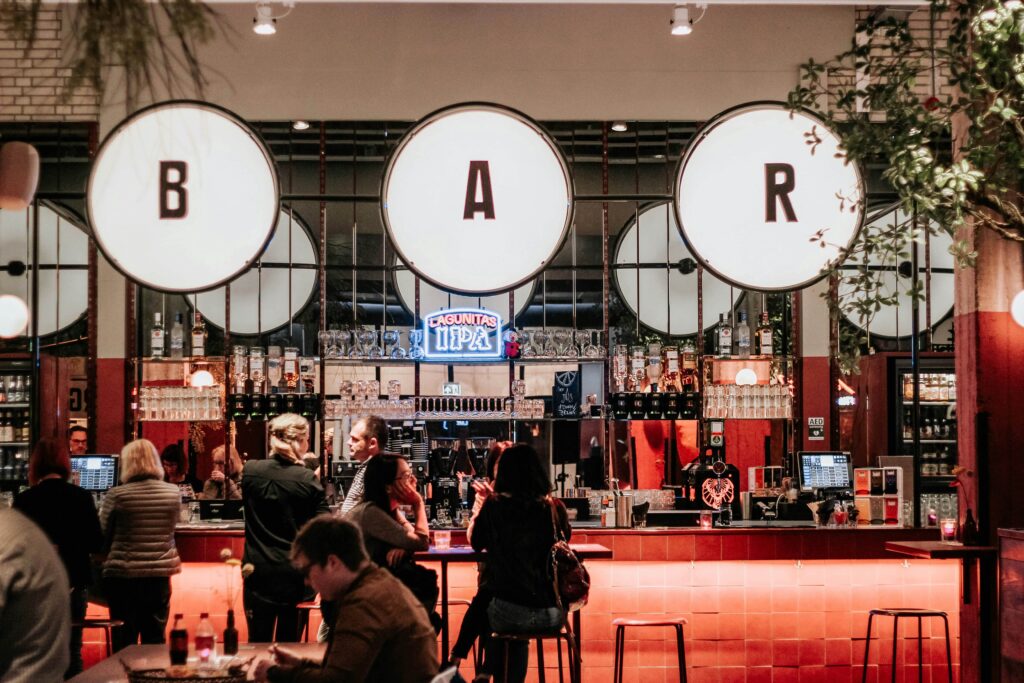
- Don’t Sell Too Hard
The fact of the matter is this – people do NOT like to be sold too. Bartenders and venues – even less so.
So rather than listing your product benefits like a robot, build connections with the people you are engaging with and show them HOW to use your product and WHY they should be using it.
Give examples of how other venues are using the products. Offer to help the venues or bartenders for nothing in return (buying the venue team a round after work as a thank you is a great way to ingratiate yourselves as people, not a brand).
As we keep saying, its about building human connections, not corporate ones.
And don’t hard sell!

- Know Your Audience
Several bartenders, we have spoken to feel that brands are sometimes guilty of trying to fit a square peg in a round hole.
Drink brands have to think about the perfect venues or bartender profiles for their brand before trying to build an advocacy programme.
If bartenders are questioning why a brand is activating in their venue, what’s the consumer going to think?
Ultimately, the goal of advocacy is to sell more products. Ensuring that there is unequivocal alignment between brand and venue is a top priority or else you are wasting important marketing £££.
Getting your advocacy programme right is complicated but the key things to keep top of mind are authentic connections with bartenders and venues, activating any programmes in the right venues for your brand and understanding that the way to achieve increased sales is not by selling but by building lasting relationships.
Don’t miss out on this, the consumer research says it all. The CGA reported in their Global Bartender Report that 9 in 10 bartenders recommend serves or brands on every shift.
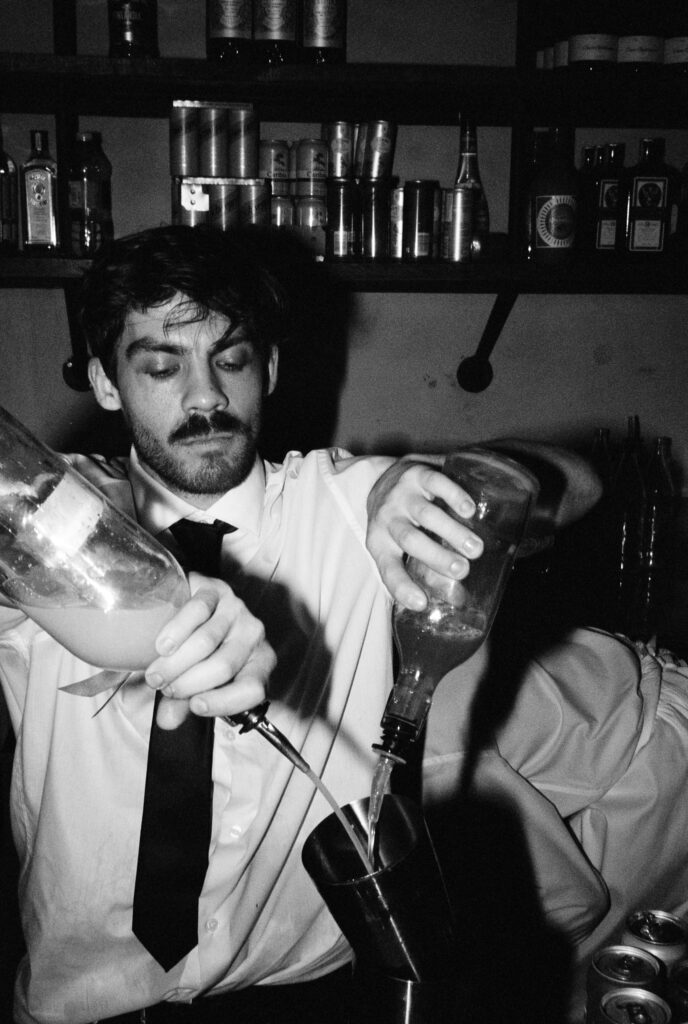
Want to know more about how trade advocacy can impact your brand? Our team are here for it.
